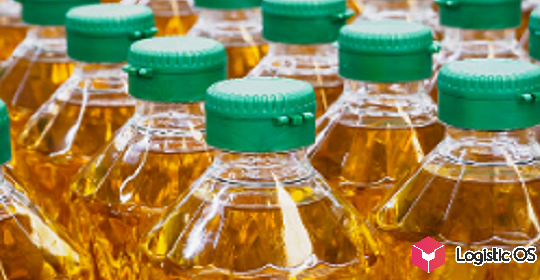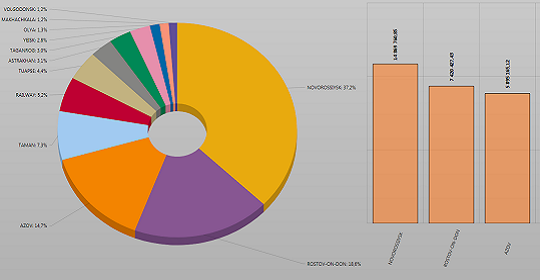The state today actively supports oilseed processors, and therefore the export duty on them will not be canceled in the near future.
This was stated by the head of the Ministry of Agriculture of the Russian Federation Dmitry Patrushev at the St. Petersburg International Economic Forum.
According to him, the duty will continue to operate at least until the domestic oil extraction plants (MEZ) are fully loaded.
And in general, as the minister noted, Russia needs to supply less raw materials to foreign markets, because foreign buyers then process it and export it themselves, and nothing prevents us from doing it ourselves, Patrushev emphasized.
Now the total volume of processing capacities for oilseeds in Russia is somewhere at the level of 30 million tons, while the production of raw materials is still lower. It is especially lacking in the central part of the country.
Therefore, work to increase production will continue.
In addition, Patrushev believes that the abolition of the duty could further collapse world prices for sunflower and oil, because Russia is a serious player in this market.
By the way, the State Duma Committee on Agrarian Issues recently turned to Deputy Prime Minister Victoria Abramchenko with a request to temporarily cancel the export duty on sunflower seeds while world prices are low.
But at the moment the government does not seem to be planning to take any steps in this direction.
Currently, the duty remains at a prohibitively high level: 50%, no less than $320 per ton. It is valid from July 1, 2021 until August 31, 2023 and will most likely be extended.
The Minister of Agriculture believes that the duty is in favor of the industry.
For example, since the beginning of this year, sunflower oil production has increased by 11% compared to the same period in 2021, while oil exports jumped by 5.5%.
What are the disadvantages of the export duty?
Alexander Korbut, an independent expert on the grain market, believes that the state actively supports processing enterprises, but so far it is doing this at the expense of producers.
And in the future, this may have certain consequences.
For example, if the goal of reaching the maximum level of loading of the MEZ is achieved, then against this background, farmers can, in the meantime, reduce production due to loss of profitability.
Then the question arises of how to fill the new capacities. Many manufacturers are already thinking about reducing volumes.
And if the state wants to support the entire industry, then it could, for example, issue preferential loans to the MEZ, which would keep the purchase prices for farmers attractive, Korbut believes.

